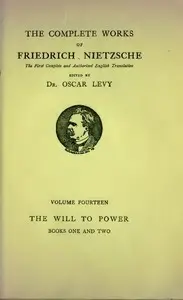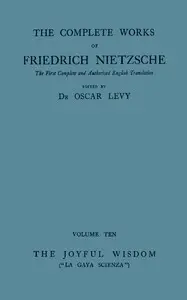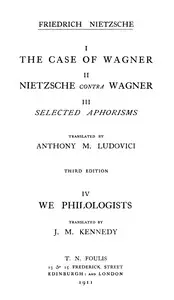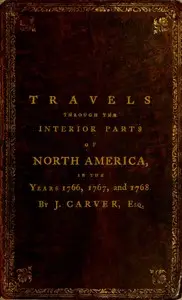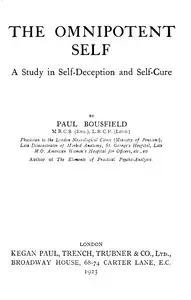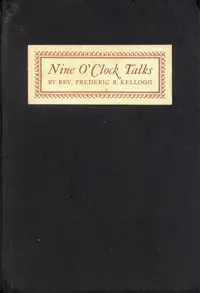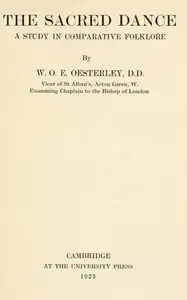"Human, All Too Human: A Book for Free Spirits" by Friedrich Wilhelm Nietzsche is a philosophical text written in the late 19th century. In this work, Nietzsche explores a range of topics related to human nature, morality, and the liberation of the spirit, aiming to challenge conventional beliefs while encouraging independent thought. The book is aimed at fostering a new kind of "free spirit," one unbound by traditional ethical constraints and dogmas. The opening of the book presents Nietzsche reflecting on his journey as a thinker, expressing a deep distrust of established morals and ethics. He introduces the concept of "free spirits," which he defines as individuals who have emancipated themselves from traditional values and are open to exploring life without the burdens of conventional judgment. Through personal anecdotes and philosophical musings, Nietzsche describes the complex emotional and psychological landscape that one must navigate to achieve this liberation. He emphasizes the necessity of undergoing a transformative experience—often involving pain and solitude—in order to attain genuine self-awareness and freedom. (This is an automatically generated summary.)
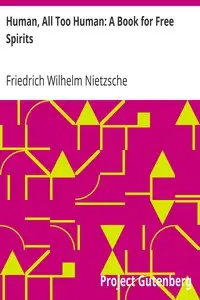
Human, All Too Human: A Book for Free Spirits
By Friedrich Wilhelm Nietzsche
See also eBook #51935 (Part I) and #37841 (Part II, from a different translator. These are based on a later edition with additional content. For more information about this title, see https://en.wikipedia.org/wiki/Human,_All_Too_Human
Friedrich Wilhelm Nietzsche was a German classical scholar, philosopher, and critic of culture, who became one of the most influential of all modern thinkers. He began his career as a classical philologist before turning to philosophy. He became the youngest person to hold the Chair of Classical Philology at the University of Basel in Switzerland in 1869, at the age of 24, but resigned in 1879 due to health problems that plagued him most of his life; he completed much of his core writing in the following decade. In 1889, at age 44, he suffered a collapse and afterward a complete loss of his mental faculties, with paralysis and probably vascular dementia. He lived his remaining years in the care of his mother until her death in 1897, and then with his sister Elisabeth Förster-Nietzsche. Nietzsche died in 1900, after experiencing pneumonia and multiple strokes.



